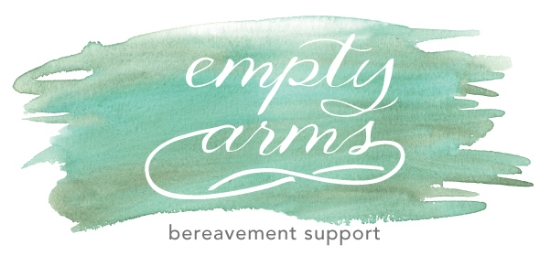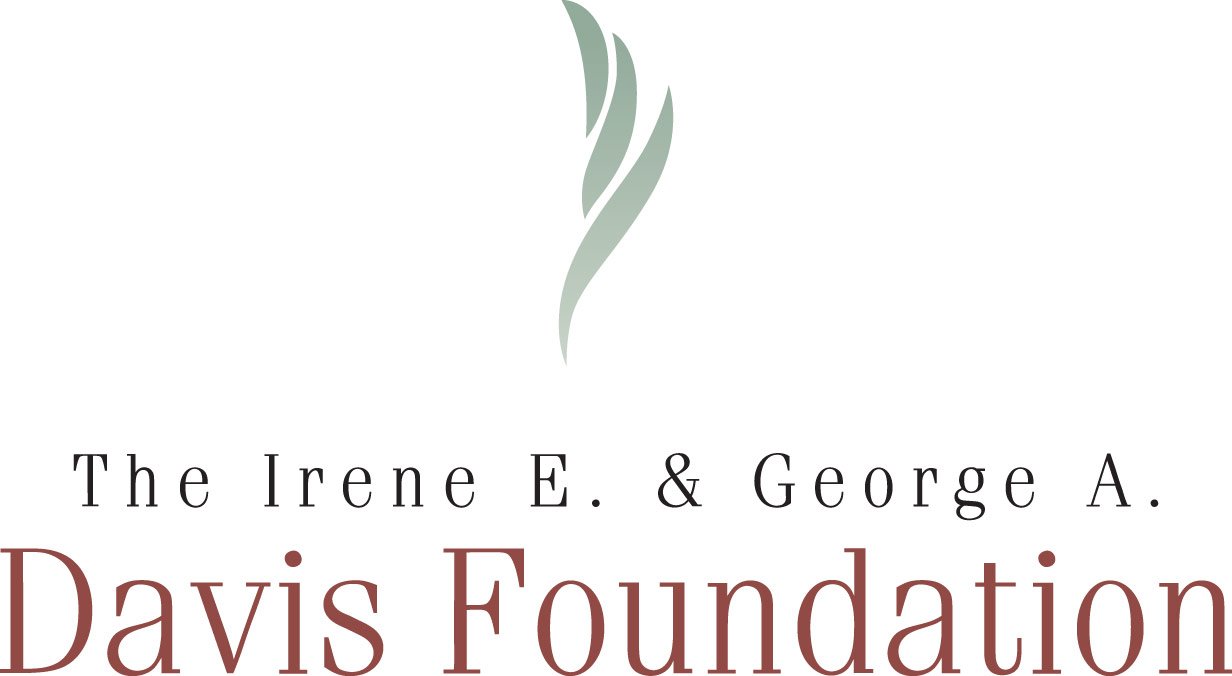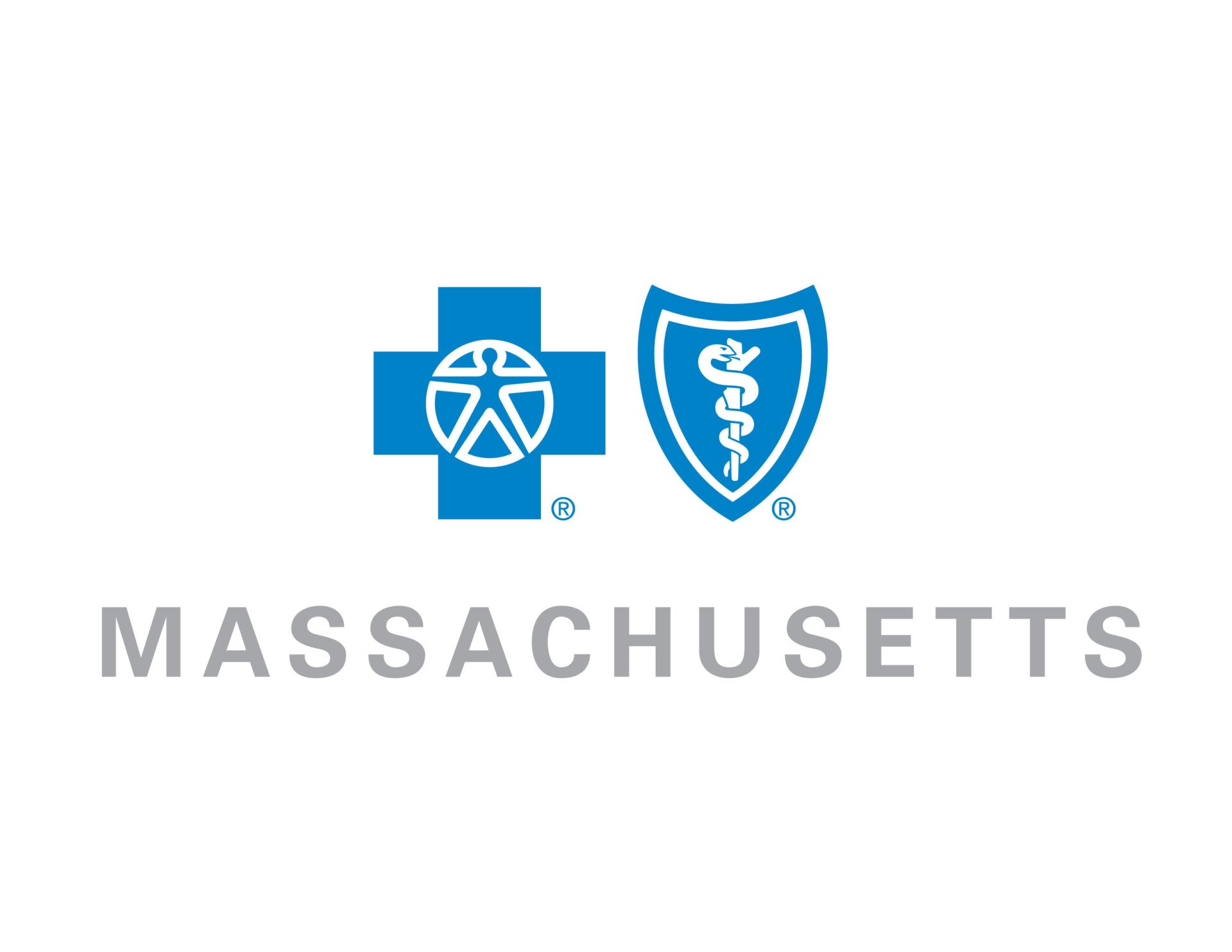LGBTQ+ Loss
Becoming a parent can be complicated in all circumstances. However, those within the LGBTQIA+ community often face significant challenges to growing their families. The loss experience can be compounded for those who have had to seek assistance with reproduction. The deep seated commitment, investment of time, and amount of resources that is necessary to travel the road to parenthood when a person cannot spontaneously produce a child means that loss often feels like a multifaceted failure. The devastation that follows can be deep and complicated.
Empty Arms aims to provide safe, equitable, and comprehensive care to bereaved parents of all sexual orientations and gender identities. We cherish our center here in the Connecticut River Valley where many LGBTQIA+ people intentionally come to build families in a welcoming and inclusive community. In our groups and organization as a whole, we strive to provide love, compassion and support, along with recognition and awareness of the complexities of your journey to parenthood. We also acknowledge that you may have experienced less support from family and society than the hetero and cis families we support. We mindfully include LGBTQIA+ folx on our team so that if you feel most comfortable, we can connect you with a person who shares your experience.
How to use Empty Arms
Many people have reported feeling confused and alone after leaving the hospital or office and wished they had someone they could talk to for emotional support.
We have a system set up to help you get this help easily. You can choose from among these four options:
Text 413-570-0811 and send the message "LGBTQ+ Support". When we receive this message, we will have one of our pregnancy loss support leaders give you a call back as soon as they possibly can.
Call us directly: 413-570-0811. If we don't answer, leave us a message and we'll call or text you back. We are available to help talk you through your options, your anxieties, and your feelings on a peer level.
Send us an email explaining your situation and what you'd like help with via our contact form.
You can join our LGBTQIA+ Loss Support Group open to all those who identify under the umbrella of queer who have experienced pregnancy or early infant loss. Read more about our LGBTQ+ Support Group.
Beyond telephone support, a companion may be able to come to see you for an in-person visit if this would be helpful. We encourage you to reach out if you're feeling isolated and would like support.
Online Fertility, Pregnancy & Infant Loss Support
LGBTQ+ Reproductive Loss This website is designed as a resource for LGBTQ+ parents and families who have experienced miscarriage, stillbirth, failed adoption, infertility, and/or sterility, and those who support them—family & friends, medical & adoption professionals, therapists & counselors.
Pink Elephants: LGBTIQ+ Miscarriage & Preconception Support offers peer to peer support, a private online support group on Facebook as well as emotional support resources that center the LGBTIQ+ experience. Pink Elephants also has a private Facebook group called “LGBTIQ+ Miscarriage & Preconception Support”
Return to Zero Hope offers support groups, workshops, and other LGBTQ+ resources.
Resolve New England offers support groups specifically for the LGBTQ+ community in topics such as Pregnancy Loss, Expecting After Infertility and/or Loss, and Childlessness After Infertility and Family Building Challenges.
Three Little Birds Pregnancy & Infant Loss Support serves the Philadelphia & Southern New Jersey Metro Region, however, has an incredibly comprehensive online resource list for LGBTQ support.
Articles & Stories
To Be Loved; On trans parenthood, loneliness, and loss: This essay, written by a trans dad, gestational parent, and Empty Arms Community Member, Aakash Kishore, lost his first baby at 21 weeks in November 2021.
The Legacy of Leo : The Legacy of Leo features the #LGBTBabyLoss blog series which shares experiences of TTC and fertility treatments, early miscarriage, recurrent loss associated with IVF treatments, stillbirth, neonatal death, prematurity, preeclampsia, and twin loss. The website also includes other resources and stories.
Understanding Transgender Pregnancy (and Loss) : A helpful article with answers to common questions about gender, sexual orientation, and transgender pregnancies you can share with family, friends, or providers.
LGBTQ Pregnancy Loss And Miscarriage Often Means Grieving In The Gaps : This article tells the story of two bereaved parents, and includes many more resources related to LGBTQ+ pregnancy loss.
“Reproductive Losses” considers LGBTQIA+ people’s experiences with miscarriage, stillbirth, failed adoptions, infertility, and sterility. Drawing on Craven’s training as a feminist anthropologist and her experiences as a queer parent who has experienced loss, Reproductive Losses includes detailed stories drawn from over fifty interviews with LGBTQIA+ people (including those who carried pregnancies, non-gestational and adoptive parents, and families from a broad range of racial/ethnic, socio-economic, and religious backgrounds) to consider how they experience loss, grief, and mourning. The book includes productive suggestions and personal narratives of resilience, commemorative strategies, and communal support, while also acknowledging the adversity many LGBTQIA+ people face as they attempt to form families and the heteronormativity of support resources for those who have experienced reproductive loss.
Lactation After Loss
As a newly bereaved parent, lactation can be a physical and emotionally painful reminder of your recent loss. If you identify as transgender, your pain may be exacerbated by feelings of gender dysphoria, body dysmorphia, or overall feelings of discomfort, saddens, anger, or confusion. Different bodies’ ability to lactate vary depending on types of gender affirming medical care such as hormone therapy, surgery, and changes in your routine gender affirming care as a result of your pregnancy.
Empty Arms is here to support parents through any and all emotional responses they may face in response to lactation. We want you to know is that you have choices. Parents can choose what to do with their milk when a baby dies. For most, that’s suppression, while few may choose to pump and donate milk to babies in need. Trans men may practice chest binding as a gender affirming practice and a method to suppress milk production. However, we do not recommend binding as a method to cease lactation as it may result in atrophy, engorgement, or mastitis.
If you are struggling with how to cope with lactation and would like further thoughts or advice, please contact us right away. We can help you determine how to best weather this difficult physical process and the emotions that come with it. LGBTQ+ specific Lactation Consultants can be made available to assist you free of charge. Please contact us here for help contacting a lactation consultant.










